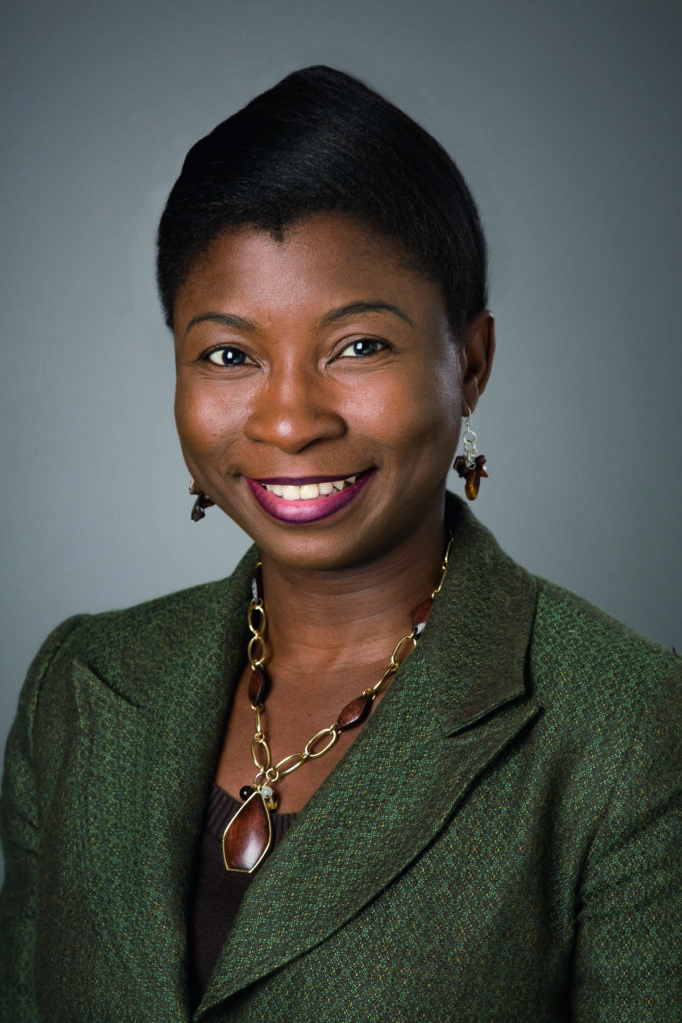“I may have left Nigeria, but Nigeria has not left my heart,” says Beatrice Hamza Bassey, a Nigerian partner at the New York offices of prestigious law firm Hughes Hubbard. She is a product of a country many have fled to seek greener pastures in the great Nigerian brain drain.
Nigerians are fanatical about tertiary education. At home and abroad, they pursue exceptional professional qualifications; however, only a handful, willingly invest their expertise in the country as many a Nigerian are caught in the zeitgeist of ‘finding the golden fleece’. The gross underfunding of educational institutions has left the quality of education questionable as many migrate to develop expertise abroad.
Expatriate skills are highly sought after to make up for the lack of skill in the country. For many, the causes of the brain drain, is a double-edged sword. Those who were privileged to be educated in the West easily secure employment in Nigeria, which prompts young Nigerians to follow in their footsteps. At the same time, there is a high rate of unemployment among local graduates.
This shows a dire need to establish more educational institutions to accommodate the country’s expanding population while simultaneously providing the same standards as Western institutions.
Bassey, who also sits on the board of the Nigerian High Education Foundation, says: “Nigeria produced people like me. The education I had there prepared me to compete on the global stage. This means that we once had an excellent structure which we must find a way to return to. I’m very passionate about issues concerning education in Nigeria and the plan is to help raise more funds to push this course forward.”
Loading...
She is a product of the famous Queens College, Lagos, University of Maiduguri and Nigerian law school. Bassey believes that in spite of the good, corruption still has the country in its firm grip.
“I was noticed because I worked hard. With hard work, the sky is your limit here. In Nigeria, hard work is not just enough.”
At the Pan African University, home to the prestigious Lagos Business School, FORBES AFRICA meets graduate students who are passionate about entrepreneurship.
Graduate student, Chivuzo Offiah, is positive about the future.
“We have the resources, the human capital and immense potential, this is why there are so many expatriates doing business here. Yes, a lot of professionals have left the country but there are still a lot of equally smart people here who can turn this situation around.
“Nigeria needs to give these people a chance. Executing the right policies at government level will make all the difference. Nigeria is a market for any economy. We need a critical mass of Nigerians who will clamor for change. You don’t wait to be empowered, you grab empowerment with your hands,” he says.
Offiah’s view is echoed by Godson Ikiebey, a PhD student in government policies.
“The government is inept, corrupt and incompetent but I still believe in the future of this country. I believe in remaining here to be the change we are clamoring for,” he says.
Jeremiah Iyamabo, a PhD student in marketing communications, is from a different school of thought.
“Based on the status quo and my goals, I do not intend to remain in Nigeria as the structure is not enabling. I tie the issue of the brain drain to the collapse of our collective value system, which has led to the breakdown of infrastructure. Why would I be faithful to a system that doesn’t have an enabling infrastructure for our development? There is a great disconnect between the educational institutions and what the industry needs. It is the responsibility of the government to bridge that gap and put the right structures in place.
Tope Falade, another master’s student, is also concerned about the future.
“I blame the citizenry of this country for not being bold enough to demand accountability from those we put in power.”
Previous attempts to reverse the brain drain, by attracting talent that had left the country, proved futile. For Nigeria, the impact of the brain drain is too costly and cannot be ignored any further.
In recent years, the Nigerian government—under the leadership of President Olusegun Obasanjo—addressed the issue of turning the brain drain into a brain gain through the formation of two new organizations. Nigerians in the Diaspora Organization (NIDO) and the Nigerian National Volunteer Service (NNVS) were created to harness the skills and talents of the Nigerian diaspora.
Bassey said: “On the brain gain, I won’t hesitate to find ways to lend my expertise to my country where required and I will embrace the opportunity to bring my skills back home in due course.”
From the halls of Nigeria’s finest institutions, to the corner offices of prestigious firms across the globe, all voices lean towards one truth—the future of Nigeria’s work force, dangles on a precarious precipice.
“We will be doing ourselves a great dis-service as Nigerians, if we don’t find a way to return to the previous level of excellence on all facets,” says Bassey.
Loading...
